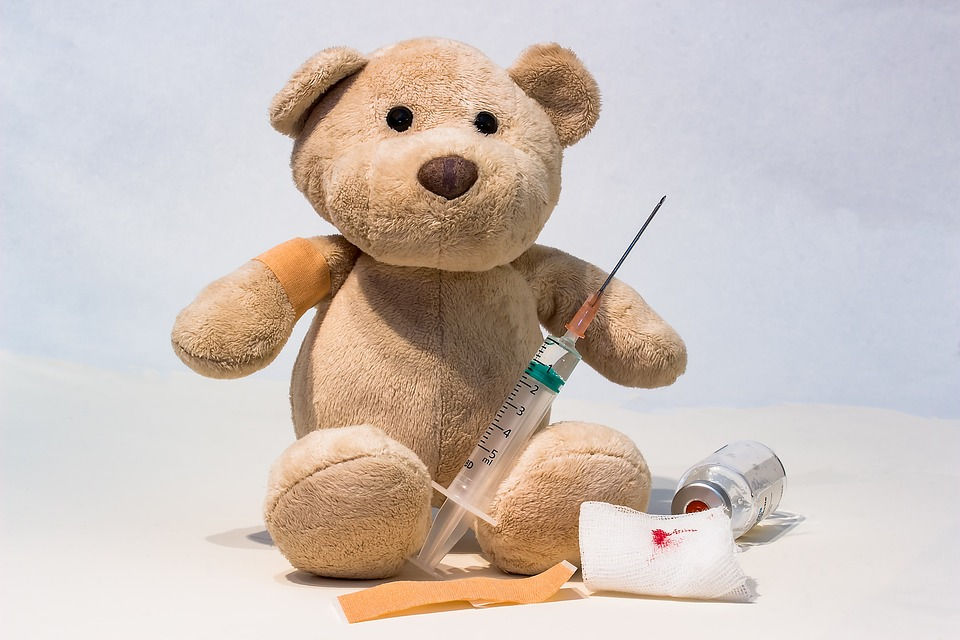Fever in Kids - PMH Guidance
- Dr Jasper Mahon
- Aug 9, 2016
- 2 min read

What is a fever?
A fever is when the body’s temperature is higher than normal. It is the body’s natural response to infection. Raising the body temperature helps fight off the infection, so it is not always necessary to treat the fever itself. It is common for children to have mild infections that cause fever. The younger the child, the more often they may occur. Infections are very common when children have contact with other children, for example, when they start day care or school. It is usual for children to get between five and ten infections a year and often two or three will occur in a row. This may seem as though your child is unwell for a long time.
What causes fever?
Most fevers are caused by viruses like the ones that cause the common cold. Occasionally fevers can be caused by a bacterial infection such as those that cause ear, throat and urinary tract infections.
What usually happens?
Often the first sign that your child has an infection is that they are not their usual self. You might then notice a fever, loss of energy and some irritability. They may not want to eat or play normally. Most viruses last about a week. Usually the first few days are the worst.
Caring for a child with fever
If your child is very hot and uncomfortable you can try these simple steps:
Undress your child so he/she does not overheat any further. Minimal clothing in a warm room is ideal. Do not use fanning, cold baths, excessive sponging and ice packs to reduce fever. A cool environment will encourage shivering which is the body’s normal way to get warm. Using these methods may increase the fever.
Give paracetamol only if your child is distressed or uncomfortable, but not for fever alone.
Occasionally a child who has a fever will have a febrile convulsion (‘fever fit’). It occurs when a child’s temperature goes up suddenly. This is not common and does not usually cause any lasting problems. Medicines that reduce fever will not prevent your child from having a febrile convulsion.
It is normal for a child with fever to not want to eat, however it is important that he/she is drinking adequately. Try offering small amounts of clear fluid (water, diluted fruit juice) frequently. If your child is less than six months old give extra cooled boiled water, breast feeds, or bottles.
Most fevers are caused by viral infections and do not need specific treatment. A bacterial infection may need antibiotics and the doctor will assess the need for these.
When to seek help
You should see a doctor if you are worried about your child or if your child has any of the following:
Headache, neck pain, light hurting their eyes
Lethargy or sleepiness
Marked irritability
Problems breathing
They look sicker than you would expect from a minor infection eg, very pale, sunken eyes, dry lips and mouth
Pain eg, when passing urine, abdominal pain
Rash
If your baby is less than three months and has a fever If you have any other concerns take your child to the GP or Emergency Department.




Comments